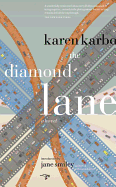 Karen Karbo has built a brand writing the Kick A** Women series. These offbeat, inspirational biographies chronicle the lives of original, creative females such as Coco Chanel, Katharine Hepburn and Georgia O'Keeffe. The recurring theme of Karbo's work, across genres, centers on the complexities of women's lives and their resilience.
Karen Karbo has built a brand writing the Kick A** Women series. These offbeat, inspirational biographies chronicle the lives of original, creative females such as Coco Chanel, Katharine Hepburn and Georgia O'Keeffe. The recurring theme of Karbo's work, across genres, centers on the complexities of women's lives and their resilience.
In The Diamond Lane--a reissue of a novel first published in 1991--Karbo mines the lives of everyday women in the age of videotapes, floppy discs, telephone answering machines and smoking sections on airplanes. The story is set in Los Angeles and commences with news that Shirl, the widowed matriarch of the FitzHenry family, has undergone brain surgery following a freak accident involving a ceiling fan. Amid the trauma, Mimi--Shirl's thirtysomething, romantically challenged, aspiring-screenwriter daughter entrenched in wannabe Hollywood culture--tracks down her long-lost sister, Mouse, a documentary filmmaker flitting around Africa, who hasn't been home in 16 years. The telephone connection between the sisters is a bad one (an apt metaphor for their relationship), and in the midst of summoning her sister home, Mimi thinks she hears Mouse announce her engagement.
Mouse soon arrives in the States with her longtime British beau and work partner, Tony Cheatham, whom Shirl and Mimi assume is Mouse's fiancé. Afraid to upset and disappoint her infirm mother, Mouse runs with the marriage story, even though she and Tony have a sparring, contentious relationship, and Mouse had actually refused Tony's prior proposals. But as Mouse assimilates into life in L.A., the past is unearthed and old jealousies and sibling rivalries are soon resurrected.
Life becomes even more complicated when an old flame approaches Mouse and the two begin to film a behind-the-scenes documentary called Wedding March--a sort of reality show long before such programs became commonplace--that depicts the months leading up to Mouse's impending nuptials. Tony, oblivious, is soon swept up with the lure of Hollywood, and his screenplay, which offers intimate details of their relationship (without Mouse's knowledge), is suddenly green-lit. The couple's separate agendas, along with Mimi's romantic woes, cleverly build to a social satire of farcical proportions.
Karbo's story is timeless, and her writing is seamless. She is a keen, wry observer of the hazards of Hollywood and marriage and the fraught relationships between lovers, mothers and daughters and sisters. Filled with sharp characterizations and laugh-out-loud scenes, Karbo's early '90s-era novel proves that, in the right literary hands, the comedic absurdities of life never go out of style. --Kathleen Gerard, blogger at Reading Between the Lines
Shelf Talker: This smart early '90s-era comedy of manners about familial, romantic and Hollywood entanglements gets a timely reissue.
 Books & Books, which has six stores in Florida, New York and the Cayman Islands, is opening another store: a bookstore and café in "the historic former Sears Tower on the campus of the Adrienne Arsht Center for the Performing Arts" in Miami's Omni area, the Miami Herald reported. The new Books & Books should open by the end of the year--possibly in time for the Miami Book Fair International, which takes place November 16-23.
Books & Books, which has six stores in Florida, New York and the Cayman Islands, is opening another store: a bookstore and café in "the historic former Sears Tower on the campus of the Adrienne Arsht Center for the Performing Arts" in Miami's Omni area, the Miami Herald reported. The new Books & Books should open by the end of the year--possibly in time for the Miami Book Fair International, which takes place November 16-23.




SHELFAWARENESS.0905.S3.FALLINTOPICTUREBOOKSWEBINAR.gif)




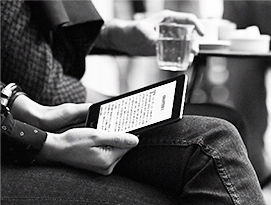 Highlights of the new and updated devices, all of which will be available in October, are:
Highlights of the new and updated devices, all of which will be available in October, are:

SHELFAWARENESS.0905.T1.FALLINTOPICTUREBOOKSWEBINAR.gif)
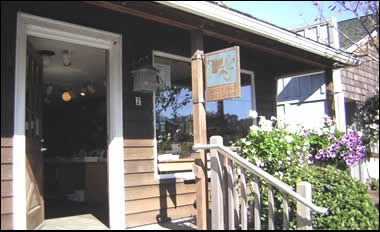 After Valerie Ryan, founder and long-time owner of
After Valerie Ryan, founder and long-time owner of 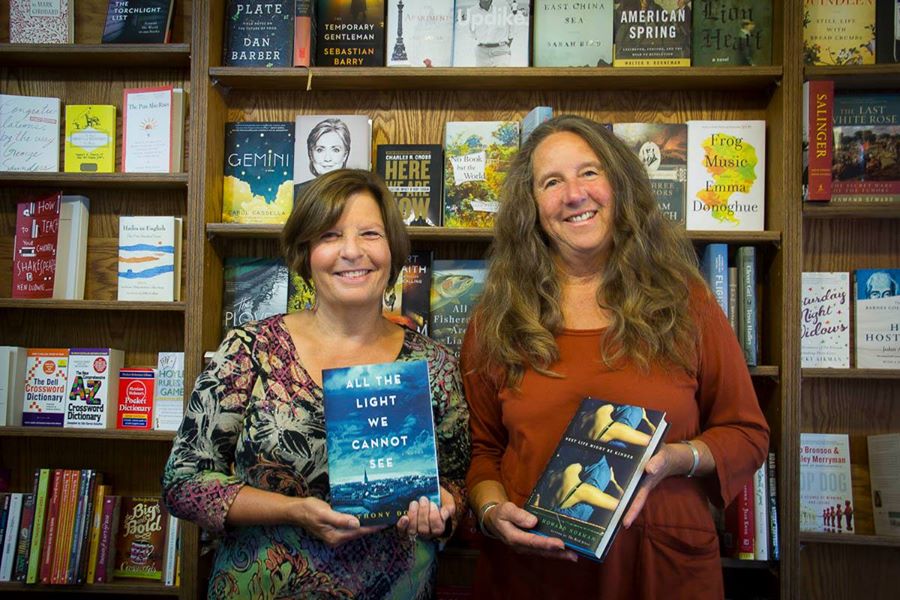
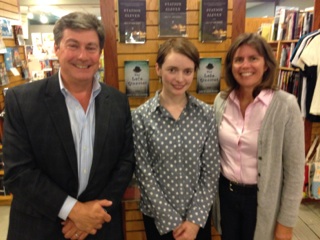
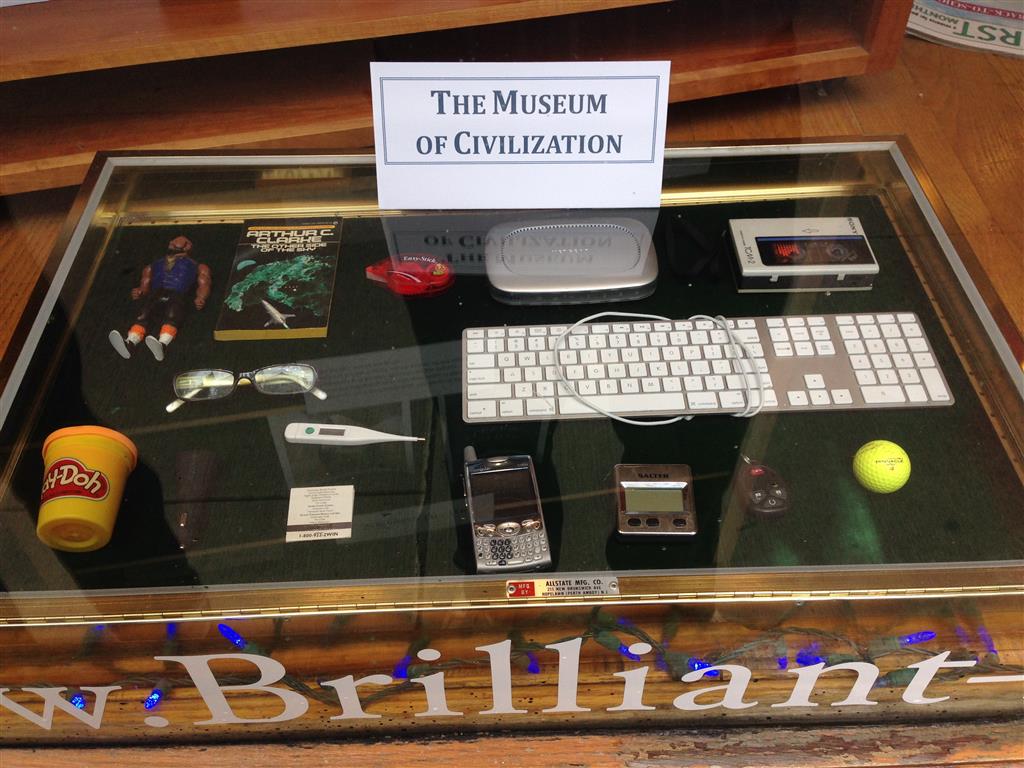
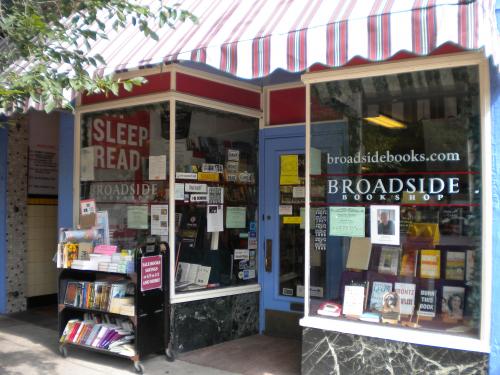 Congratulations to
Congratulations to 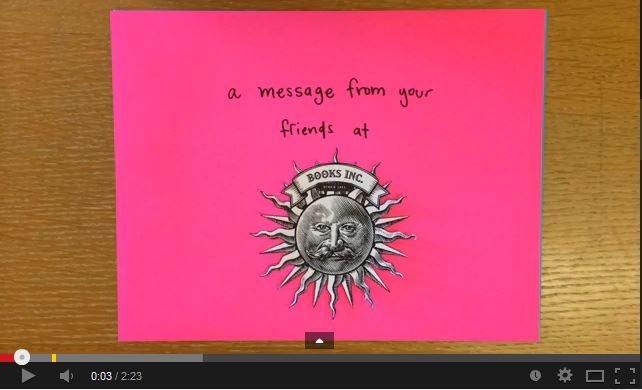
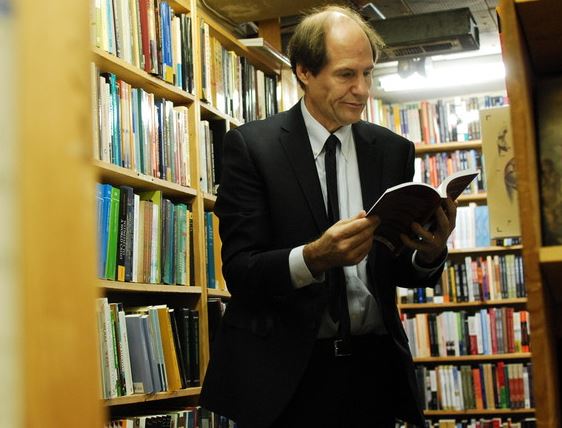
 Renegade Amish: Beard Cutting, Hate Crimes, and the Trial of the Bergholz Barbers
Renegade Amish: Beard Cutting, Hate Crimes, and the Trial of the Bergholz Barbers Karen Karbo has built a brand writing the Kick A** Women series. These offbeat, inspirational biographies chronicle the lives of original, creative females such as Coco Chanel, Katharine Hepburn and
Karen Karbo has built a brand writing the Kick A** Women series. These offbeat, inspirational biographies chronicle the lives of original, creative females such as Coco Chanel, Katharine Hepburn and 